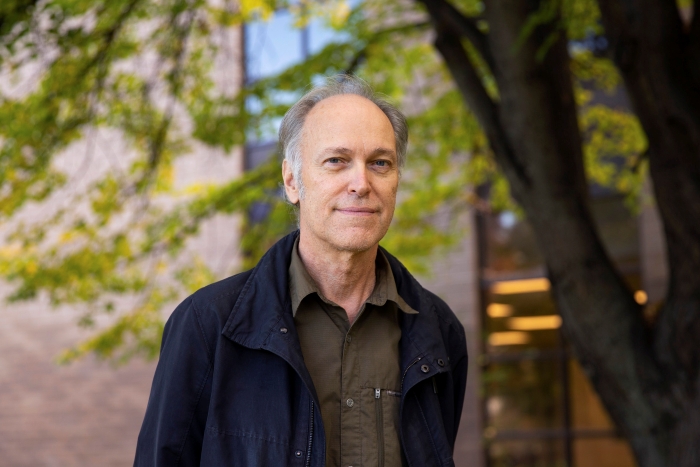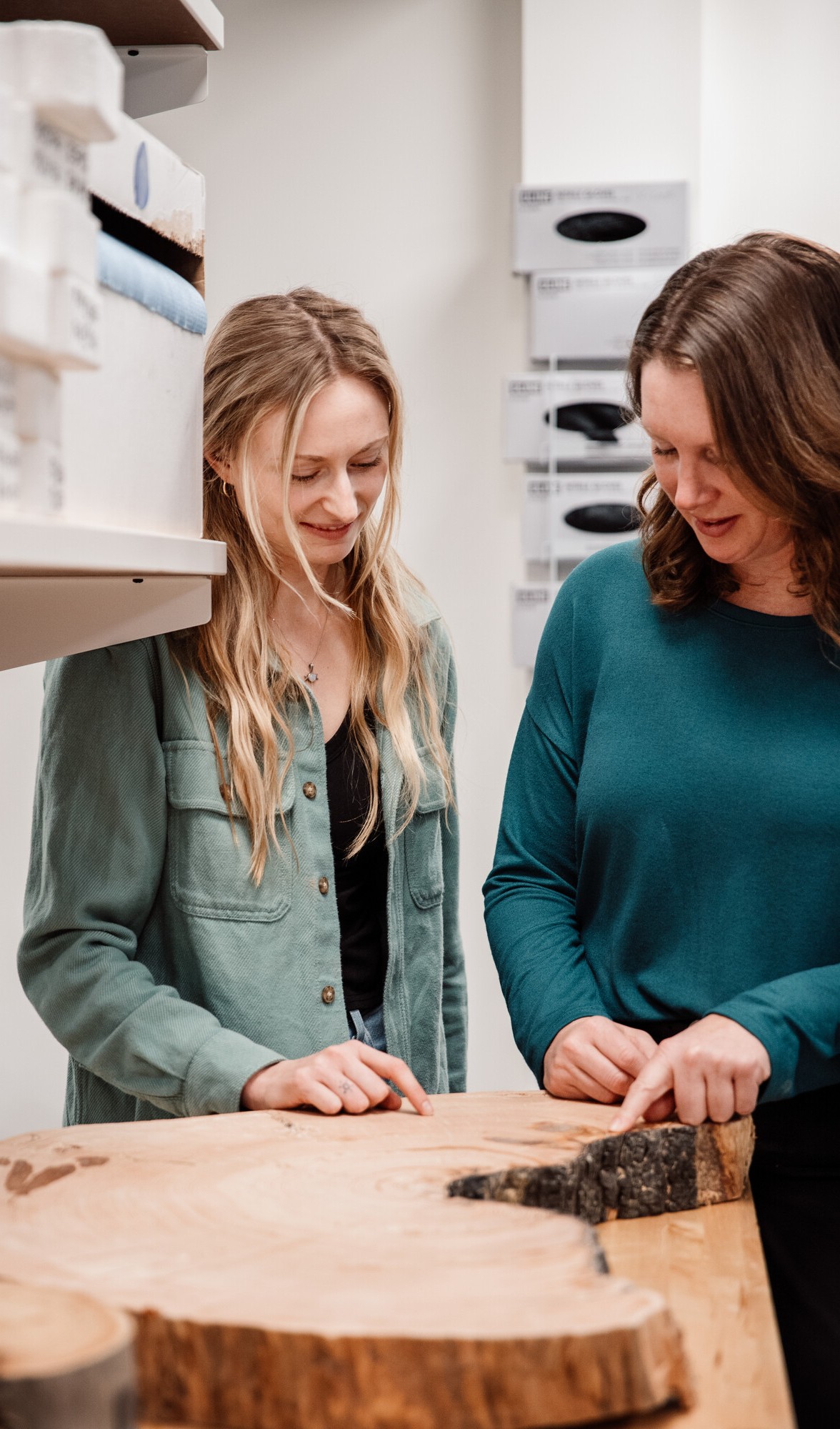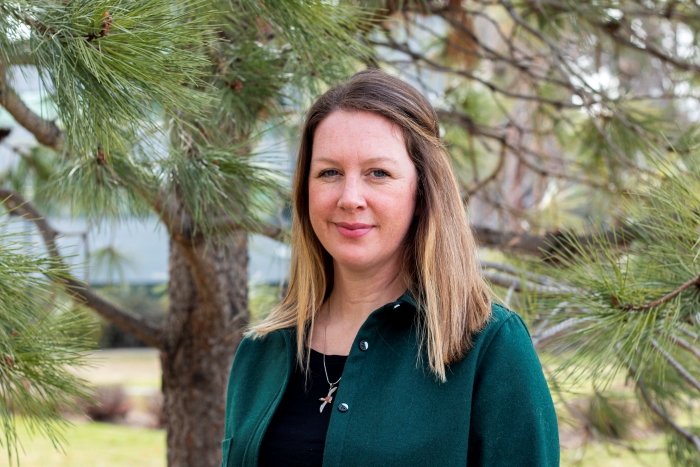
Dr. Mike Flannigan
Scientific director of the Institute for Wildfire Science, Adaptation, and Resiliency BC Innovation Research Chair in Predictive Services, Emergency Management and Fire Science, Thompson Rivers University Faculty of Science
There is a critical need for new knowledge to match the dramatic shifts brought on by our changing climate, as shown by increased wildfire activity and severity. At the Institute for Wildfire Science, Adaptation and Resiliency, groundbreaking research and innovation is addressing this need and contributing solutions to adapt to the new reality of wildfire.
The wildfire institute provides a key source of research and innovation for TRU Wildfire’s research-informed education and training. In partnership with the BC Wildfire Service, TRU Wildfire links research, education, training and innovation to better prevent, prepare for, respond to, and recover from wildfire.
The wildfire institute, which complements other areas of intersecting wildfire-related research happening across the university, is focused on growing research in four core areas: fire science, Indigenous fire stewardship, community and social resiliency, and health and wellbeing.
TRU Wildfire operates the IWSAR and has a research to practice and practice to research approach, as it brings together academic research, acknowledges the importance of traditional knowledge and on-the-ground expertise. Advances at the wildfire institute will be rapidly translated into TRU Wildfire’s education, training and innovation.
Located on the traditional and unceded lands of the Tk’emlúps te Secwépemc within Secwépemcúl’ecw, TRU and IWSAR recognize the deep and enduring relationships between Indigenous Peoples and fire. We acknowledge the knowledge, care, and responsibility carried by Indigenous Fire Keepers, who have practiced cultural burning and fire stewardship since time immemorial. Their expertise is foundational to understanding and living with fire in these territories, and we are committed to learning from, supporting, and building respectful partnerships with Indigenous communities in all wildfire-related research, education, and practice.

Meet the researchers at the institute who are exploring the many facets of wildfire.

Scientific director of the Institute for Wildfire Science, Adaptation, and Resiliency BC Innovation Research Chair in Predictive Services, Emergency Management and Fire Science, Thompson Rivers University Faculty of Science

Canada Research Chair in Fire Ecology Faculty of Science
Dr. Harvey investigates wildfire and drought as processes driving ecosystem change to help inform forest and fire management practices and enhance resilience in Canada’s forests.

NSERC Industrial Research Chair in Ecosystem Reclamation Faculty of Science
Dr. Fraser is at the forefront of research that aids in the recovery of disturbed ecosystems. He has led reclamation research relating to soil amendments, biodiversity and climate change, with a particular focus on the Southern Interior of BC.
Explore wildfire research projects and learn about the people who are dedicated to seeking solutions.
Explore moreRead some of the works by wildfire researchers.
Read MoreWe’re here to answer any questions about TRU Wildfire.
Stay informed with TRU Wildfire updates.